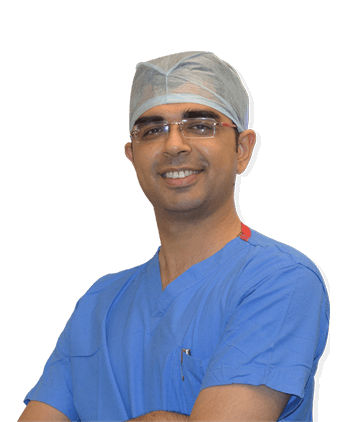Laparoscopic Surgery: A Revolution
The advent of laparoscopic surgery has created a revolution in abdominal surgeries. Initially applied just for diagnostic purpose, it has rapidly gained popularity for the management of appendicitis and gallstone disease, making it the gold standard treatment for these conditions. With improvement in the instrumentation and surgical skills today almost all of the abdominal surgeries are safely possible by laparoscopic method in expert hands and after proper patient selection. All this has led to a low threshold for surgical treatment for many conditions as the morbidity related to surgery has gone down significantly with laparoscopic surgeries. Dr. Chirag Thakkar is high experienced in all kind of laparoscopic surgeries. He is one of the best surgeons for laparoscopic.
Laparoscopic Surgery


